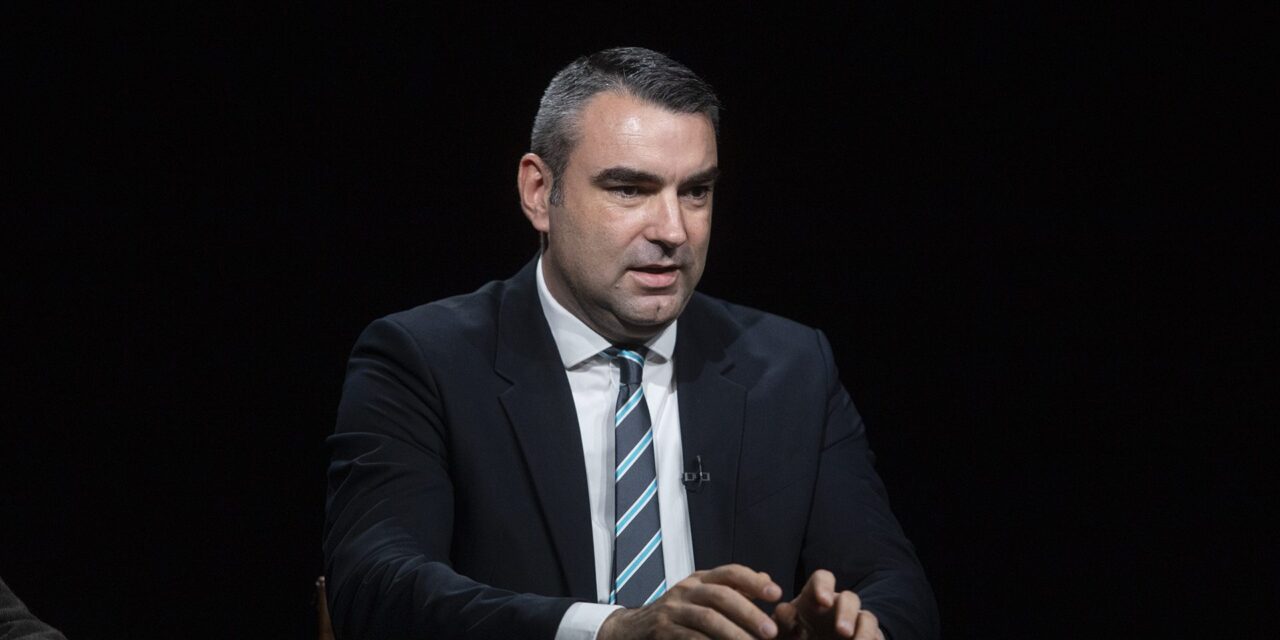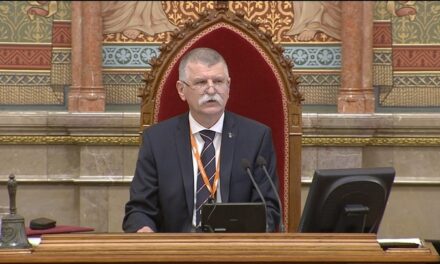The diplomatic attitude represented by the ambassador of the United States in Budapest, on the whole, shows an aspiration for less friendly political relations in addition to the economic and military cooperation that is nevertheless functioning well, junior constitutional lawyer Zoltán Lomnici told Magyar Hírlap.
The important legal and diplomatic aspect of the case is that the Vienna Convention of 1961 also provides for the obligations of diplomats, the constitutional lawyer added. The law states unequivocally that members of the diplomatic mission (including ambassadors) must refrain from interfering in the internal affairs of the host state.
Furthermore, it is an unwritten rule that such a senior diplomat (for effective and friendly relations) must master empathy as a traditional skill, and must also be able to adapt and understand the context in which the partner (i.e. the host state) operates. .
Nevertheless, the United States is an extremely powerful country from an economic, military and political point of view, but in its foreign policy it sometimes ignores international legal and non-legal norms and rules. For example, the United States has refused to ratify a number of important international treaties, such as the Rome Statute of the International Criminal Court, the 1969 Vienna Convention on the Law of Treaties, and other important treaties; it routinely carries out drone strikes and cruise missile strikes around the world, and also eavesdrops on its allies.
Another example is that American exceptionalism can sometimes be related to hypocrisy, for example, the US maintains a huge stockpile of nuclear weapons while encouraging other nations not to acquire or maintain a stockpile of them. This general American attitude in the Hungarian context is only compounded by the fact that David Pressman's several previous statements (since last summer) have so far confirmed that not very friendly (and especially diplomatically unusual) statements can be expected from him, the specialist noted.
Zoltán Lomnici Jr. highlighted that, as far as the military-allied relationship is concerned, the United States and Hungary signed a Defense Cooperation Agreement in 2019 in order to modernize the military cooperation of the two countries between the two allied NATO member states.
At the same time, in relation to the war conflict in Ukraine, it appears as an irreconcilable contradiction that the line supported by the US State Department and the US Embassy is in stark contrast to the official position of the Hungarian government, which since the beginning of the war in the East has been advocating support for a ceasefire and peace negotiations with its Western partners as well. he added.
The full article of Magyar Hírlap can be read here.
Author: Krisztina Kochan
Image: Hirado.hu












